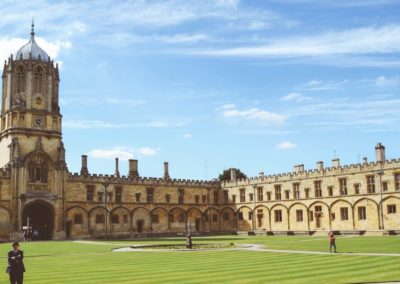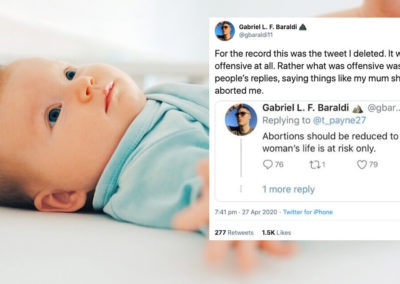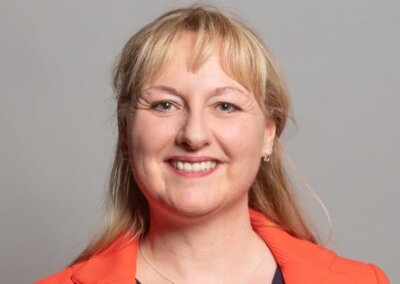The image sharing social media platform, Pinterest, has banned the pro-life group Live Action, from its website for spreading supposedly “harmful misinformation”.
Live Action originally found had their content blocked as it was listed as pornography. After they appealed this verdict, Live Action had the Pinterest account permanently suspended.
In a follow-up email, a representative of Pinterest said that the problem was “misinformation related to conspiracies and anti-vaccination advice, and not porn.”
Others have pointed out however that Live Action has no view on vaccines and the only thing they have reported on in that respect is the issue of using aborted foetal cells to create vaccines.
The Pinterest whistleblower employee who first drew attention to the alleged censorship of Live Action, Eric Cochran, was sacked shortly afterwards.
This is not the first instance of pro-life groups being concerned about social media censorship. Live Action itself boasts 3 million followers across their social media accounts (Facebook, Twitter, Instagram, YouTube and formerly, Pinterest) and it remains one of the methods by which pro-life groups spread their message to supporters and people who might not otherwise see it.
The whistleblower suggested that big tech companies, like Pinterest, do not want the pro-life message to be allowed on their platforms. The pro-life position however, is not the view of a radical minority in the US or in Britain.
In Britain 70% of women want to see the legal for abortion to be lowered from 24 weeks to 20 weeks or less and 91% of women want an explicit ban on sex-selective abortion.
So far pro-life groups in Britain, such as Right to Life UK, have not had their Pinterest accounts shut down.
(Photo credit – Youtube:screenshot)











